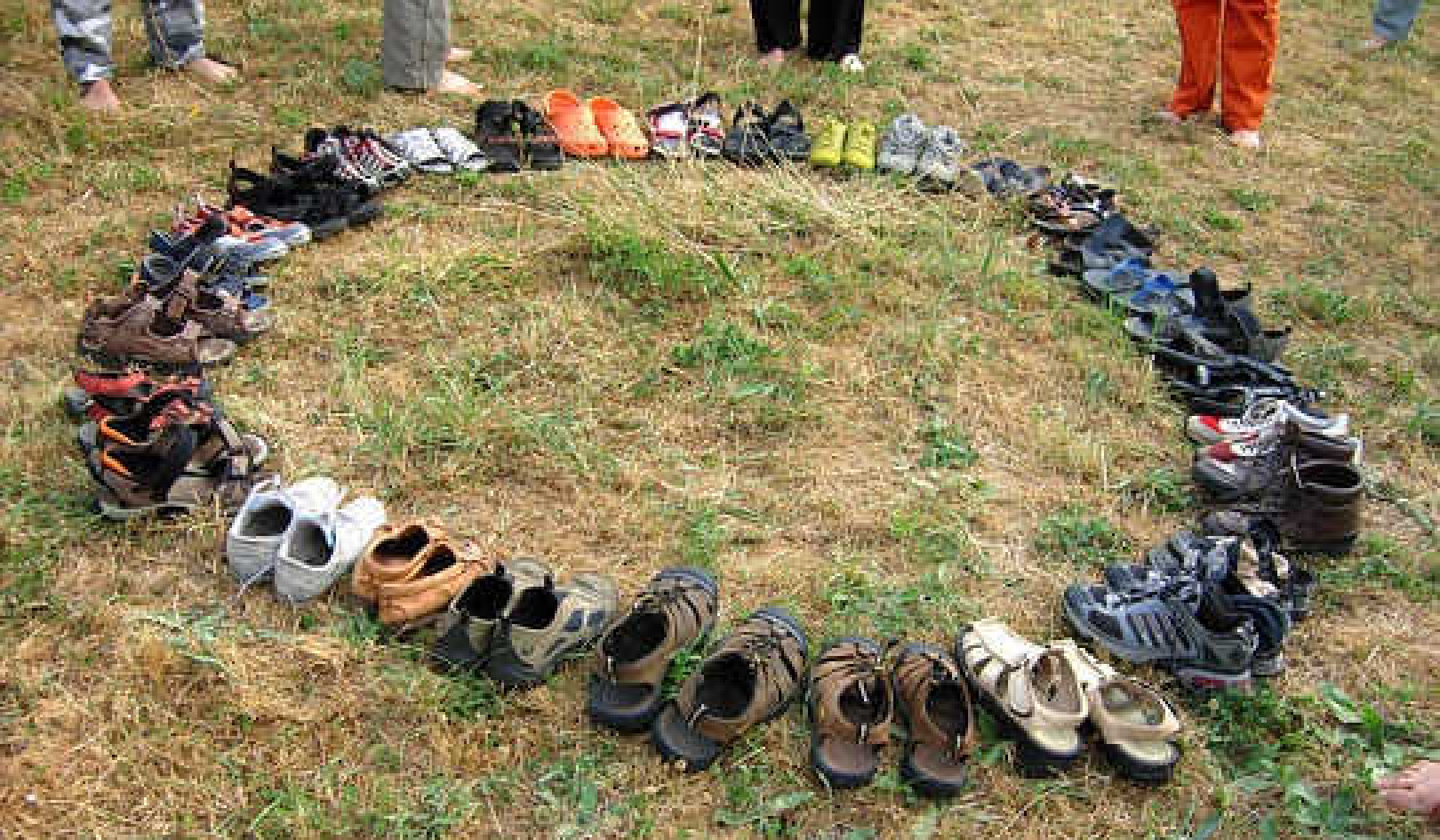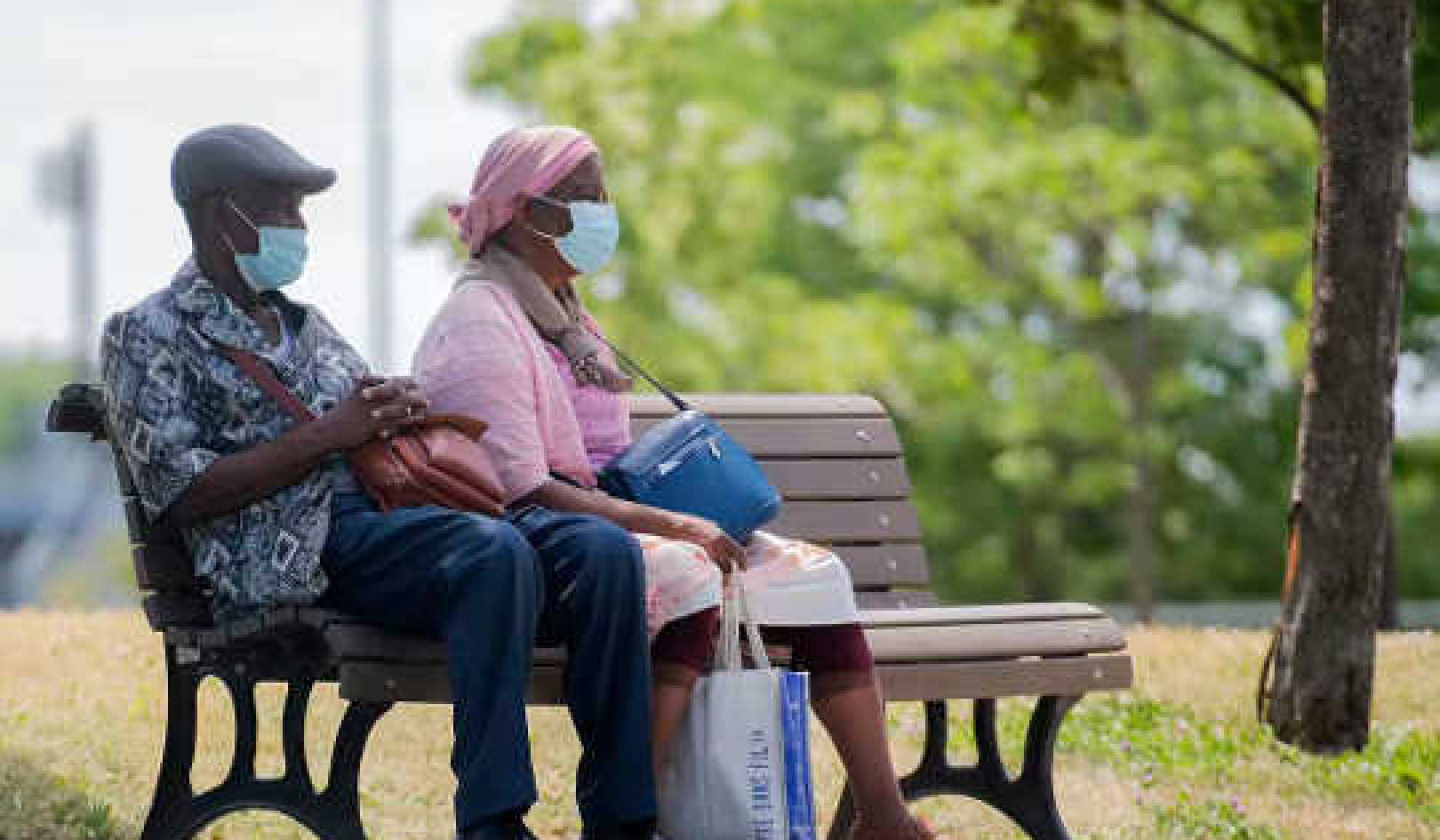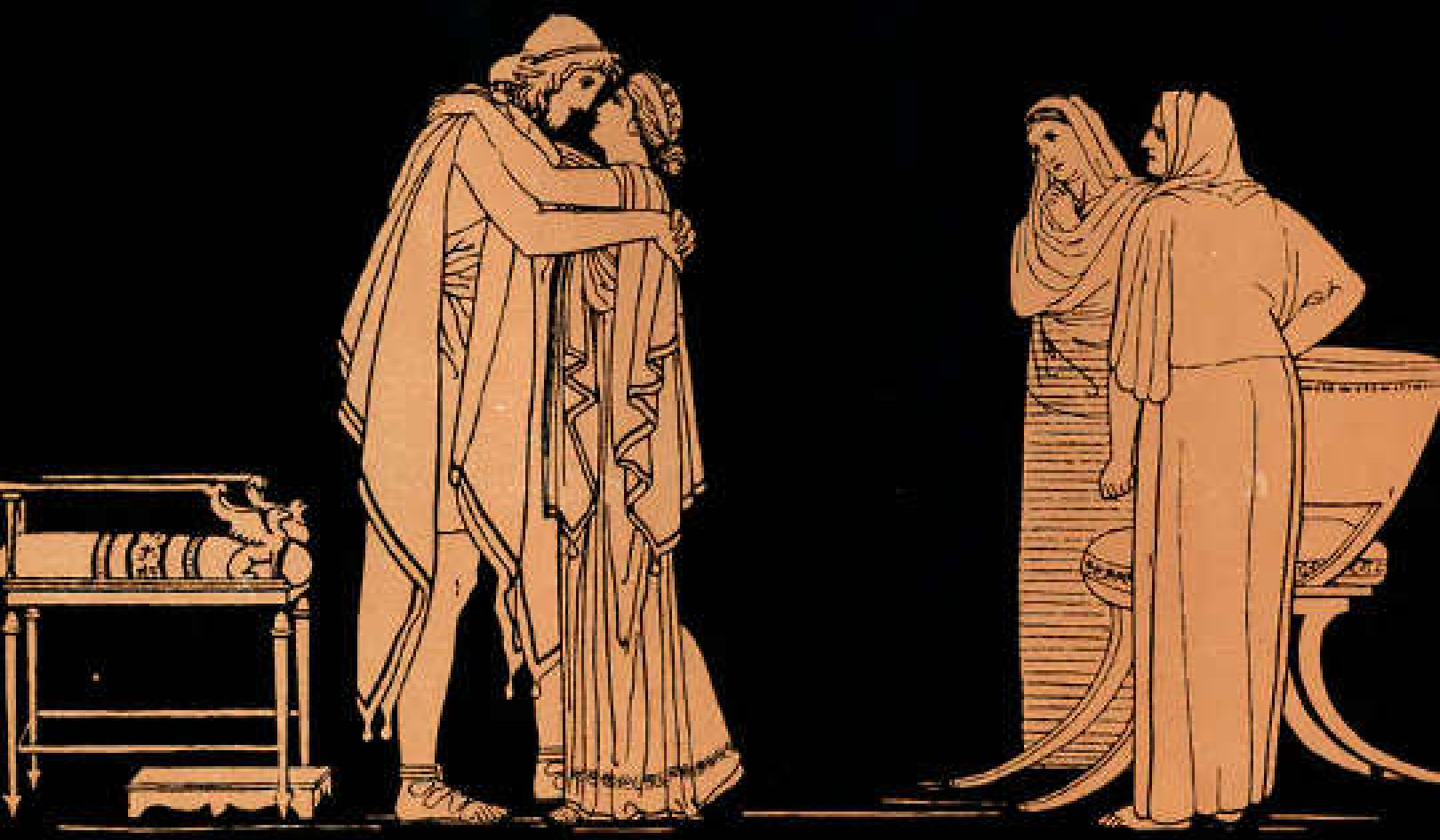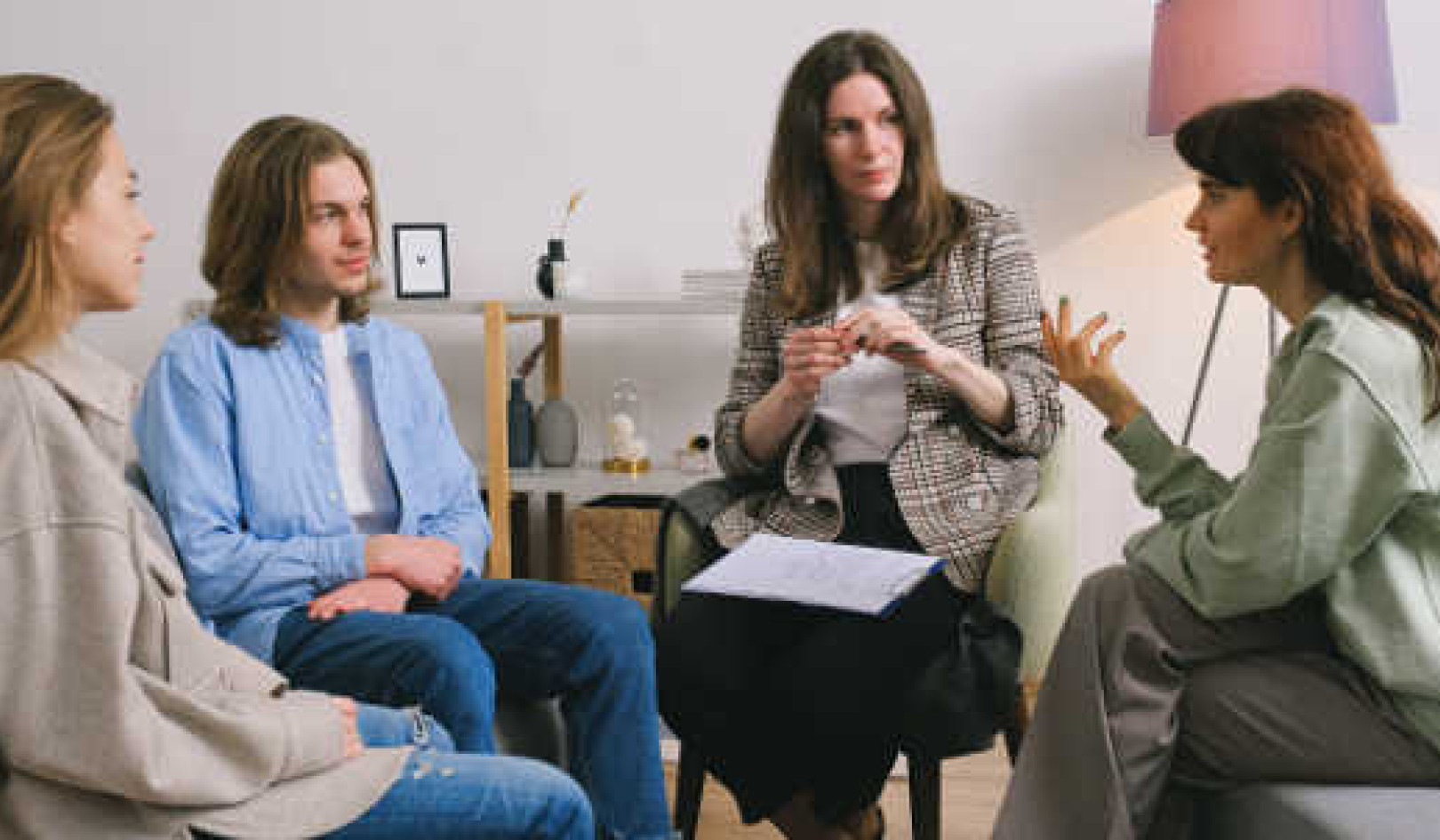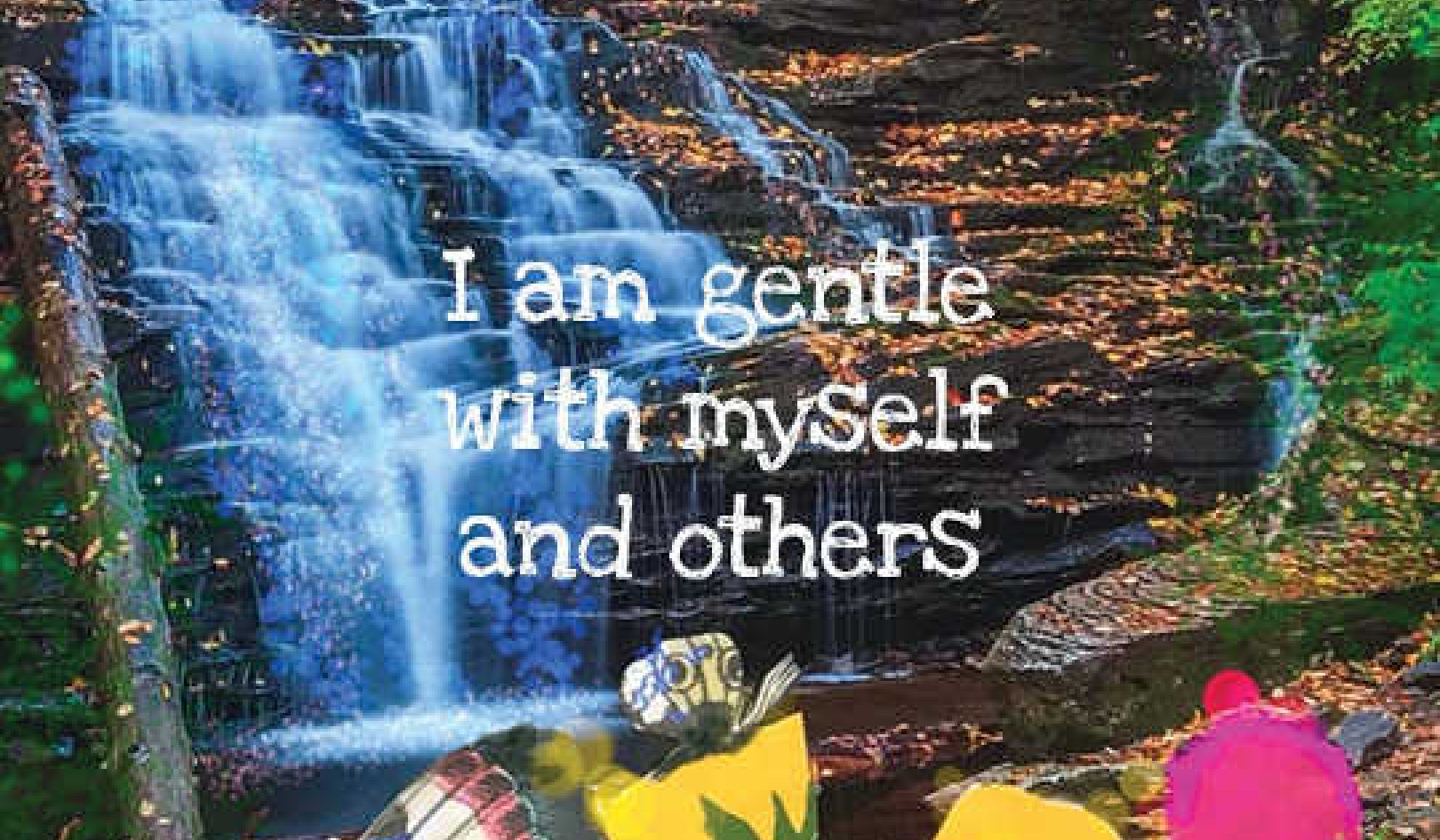
The constant stress of the holidays can leave some people feeling burnt-out when they’re over. Ilona Kozhevnikova/ Shutterstock
Although Christmas only lasts a few days each year, many of us spend months planning for it. But as enjoyable as all the parties and festivities might be, many people find they feel a bit burnt-out once the holidays have come and gone. This feeling has even been termed “festive burnout” or “holiday burnout”. Here’s why this happens – and what you can do to recover after the holidays are over.
Many of us are exposed to numerous stressors over a very short period of time throughout the holiday season – whether it’s queuing for presents, sitting in traffic on the way to visit friends or family, worrying about money or even the stress of seeing family.
As soon as your brain perceives a stressor, it ignites your sympathetic nervous system, which is responsible for the body’s “fight or flight” reaction. It does this to prepare your body to stay alert and get you through a stressful situation.
When the sympathetic nervous system is activated, the body produces adrenaline and begins working harder – with more blood being pumped through the heart, the lungs increasing their air intake, and eyesight and hearing being enhanced. You may experience these changes as feeling more sweaty or having a pounding chest.
But as we face up against repeated stressors during the holidays, this can lead to lasting changes within the body systems connected to this stress response – ultimately leaving you feeling burnt-out.
Specifically, it can make the sympathetic nervous system more prone to activation and dampen the effects of the parasympathetic nervous system, which helps your body balance out stress responses. Add to that the increased production of cortisol, a hormone essential in controlling your energy levels, and you may find it difficult to sleep at night, become irritated for no reason, or feel over-excited and unable to relax.
At the same time, when your cortisol activation lasts too long because of a cascade of small stressful events leading up to Christmas, your body may start producing lower daily cortisol levels, leaving it feeling drained. Eventually, the constant activation of the sympathetic nervous system inhibits your body’s ability to recover from stress and feel energised throughout the day, contributing to feelings of festive burnout.
If you’re finding you feel burnt-out after the holidays, here are a few things you can do to feel better and recover.
1. Reminiscence
One way to reduce the negative impact of stress is to experience positive emotions. Reminiscing can also help you get a new perspective on your experiences, which helps you see your life in a more balanced way.
You can do this activity on your own or, better yet, with your loved ones. Reminisce about the good times using prompts such as photographs. Discuss them with family and friends. If you’re on your own, close your eyes and think about your memories carefully, or write them down. The more effort you put into this activity, the better your results.
Trying to re-experience the positive emotions you had during the holiday season will help remind your body what it feels like to feel good.
2. Listen to music
If you find it difficult to relax, have difficulty sleeping or feel tired even after sleeping for many hours following the holiday season, try bringing more music into your life. This is especially important before you go to sleep. Music is associated with stress reduction, and reducing stress will help ease symptoms of burnout.
It can be any music you like, so long as it does actually make you feel better. It you want to maximise the positive effect of music, listen to it throughout the day or try dancing to it – either on your own or with loved ones.
3. Anticipate a good day
For the next week, before going to bed, try to vividly imagine four positive events that could happen to you the next day. They might be as simple as receiving a text from someone you care about, going for a walk, or doing one of your favourite things.
Try to use all your senses when imagining this – then as soon as you are ready, go to bed. This technique will help you get a good night’s sleep – and sleep is important for helping you to rebuild all your depleted resources and recover from burnout after the festive season.
Although Christmas can certainly be a stressful time for many of us, remembering why we choose to celebrate with friends and family can help us to overcome any stress and burnout that we may now be experiencing.![]()
About The Authors
Jolanta Burke, Senior Lecturer, Centre for Positive Psychology and Health, RCSI University of Medicine and Health Sciences and Justin Laiti, Fulbright/StAR PhD Student, Centre for Positive Psychology and Health, RCSI University of Medicine and Health Sciences
This article is republished from The Conversation under a Creative Commons license. Read the original article.

Books Improving Attitude and Behavior from Amazon's Best Sellers list
"Atomic Habits: An Easy & Proven Way to Build Good Habits & Break Bad Ones"
by James Clear
In this book, James Clear presents a comprehensive guide to building good habits and breaking bad ones. The book includes practical advice and strategies for creating lasting behavior change, based on the latest research in psychology and neuroscience.
Click for more info or to order
"Unf*ck Your Brain: Using Science to Get Over Anxiety, Depression, Anger, Freak-Outs, and Triggers"
by Faith G. Harper, PhD, LPC-S, ACS, ACN
In this book, Dr. Faith Harper offers a guide to understanding and managing common emotional and behavioral issues, including anxiety, depression, and anger. The book includes information on the science behind these issues, as well as practical advice and exercises for coping and healing.
Click for more info or to order
"The Power of Habit: Why We Do What We Do in Life and Business"
by Charles Duhigg
In this book, Charles Duhigg explores the science of habit formation and how habits impact our lives, both personally and professionally. The book includes stories of individuals and organizations who have successfully changed their habits, as well as practical advice for creating lasting behavior change.
Click for more info or to order
"Tiny Habits: The Small Changes That Change Everything"
by BJ Fogg
In this book, BJ Fogg presents a guide to creating lasting behavior change through small, incremental habits. The book includes practical advice and strategies for identifying and implementing tiny habits that can lead to big changes over time.
Click for more info or to order
"The 5 AM Club: Own Your Morning, Elevate Your Life"
by Robin Sharma
In this book, Robin Sharma presents a guide to maximizing your productivity and potential by starting your day early. The book includes practical advice and strategies for creating a morning routine that supports your goals and values, as well as inspiring stories of individuals who have transformed their lives through early rising.

















